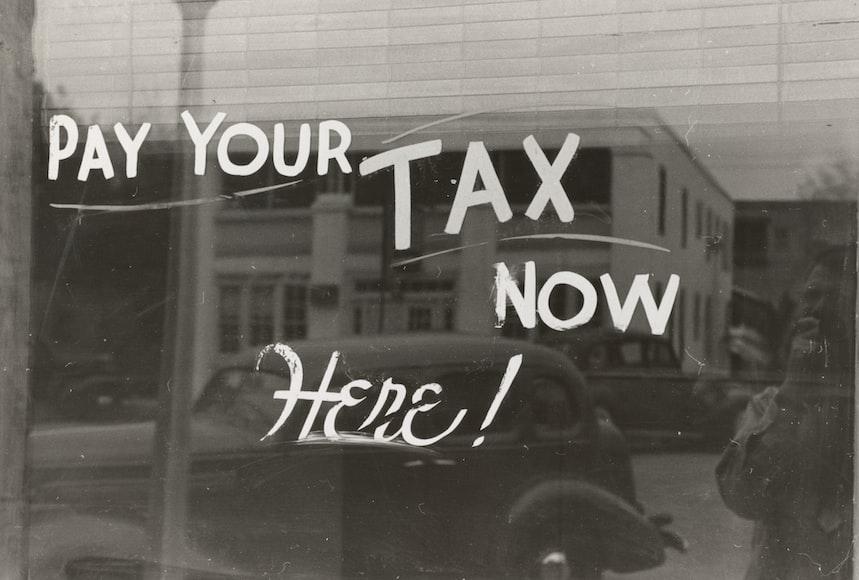
The Roth IRA is a great way to save for retirement, but it can be complicated if you're unsure how much money you have available and how much can be contributed. If you can use funds from a traditional IRA to fund the Roth IRA, check with your tax professional before doing so.
Fund the Roth IRA when you complete your taxes.

You can fund the Roth IRA at any time, regardless of whether you have completed or filed your taxes. You can even fund your Roth IRA after paying the required tax payments.
When it comes to funding the Roth IRA, there are two main ways that people complete their contributions. Direct transfer and rollover. A direct transfer is when the money goes directly into an account without intermediary companies. This means that you can immediately get checks from third parties before they arrive at their destination.
Rollovers are more complicated than direct transfers because they require additional steps. Firstly, whoever has custody over the funds transfers them into an existing account owned by someone else who wants access. Then another person must permit them before returning those same funds.
Use funds from a traditional IRA to fund the Roth IRA
You can use funds from a traditional IRA to fund the Roth IRA, but you must pay taxes on those funds. You can re-contribute those same contributions later in the year.
The IRS has a special rule for people aged 70 ½ or older. You can withdraw up to $100,000 from your traditional IRA without taxing it if you use those funds to buy a first home for yourself, your spouse, or any of your children.
Contribution and contribution limit for the year
The most reliable way to check your contribution and contribution limit is by going online. If you need a computer, ask your tax professional if they can help with this process for you.
There are several ways to check your contribution limit. But the most reliable way is by going online. If you need a computer, ask your tax professional if they can help with this process for you.
What happens if I make an error when filling out my taxes?

While filing your taxes, several options are available to you if you make an error. You can:
Correct the error on your original return by filing an amended tax return. Filing an amended return requires that you file Form 1040X. This includes all of the information necessary to show that all applicable credits have been claimed correctly. This generally takes longer than filing just one form (1040).
But it's worth taking this extra step if possible because it reduces any potential penalty for claiming too many credits or not enough deductions based on what was originally reported on Form 1040-A/1040EZ/1040NR/1041-SSA or other forms depending on what income bracket or area code applies.
Withdraw money from your Roth IRA
You can withdraw funds from your Roth IRA account and re-contribute them elsewhere. The amount you can withdraw depends on the age of your retirement plan and what type of distribution you're planning on making:
- Under age 59 1/2 - Generally, if you have less than five years until age 70 ½. Then any withdrawals made by an individual are subject to income taxes and an additional 10% penalty tax (unless an exception applies). If this applies to you and other factors apply outside of normal circumstances, such as disability or hardship situations. Check with a professional tax advisor for advice about handling these matters before choosing whether or not withdrawing funds would be best for your situation.
Check with your tax professional before using funds from a traditional IRA to fund the Roth IRA
You can use funds from a traditional IRA to fund the Roth IRA. Check with your tax professional before doing so. Several key factors must be met for this to be possible:
- You must have the correct amount of money in your traditional IRA account.
- You must have the correct tax form (1040NR) and the year for which funds can transfer into your Roth IRA account.
- And most importantly, make sure that it is a valid contribution.
If you aren't allowed to make the same contribution twice, then you can't use funds from your traditional IRA account to fund the Roth IRA.
If you have met all these requirements, you can use funds from your traditional IRA account to fund the Roth IRA. Ensure that the funds transferred differ from your regular contributions and are not counted toward the annual limit for Roth IRA contributions (currently $5,500 per year).
Conclusion
You can use funds from a traditional IRA to fund the Roth IRA after taxes on those contributions. If you think you can use these funds, check with your tax professional.
FAQs
Q. Can you contribute to the Roth IRA after filing your taxes?
Yes, you can contribute to the Roth IRA after filing the taxes as long as you contribute before the tax deadline for the year, which is usually April 15th of the following year. For example, for the tax year 2022, the deadline to contribute to the Roth IRA is April 18, 2023, due to a holiday.
Q. How much can you contribute to the Roth IRA after filing taxes?
The maximum contribution limit for the Roth IRA in 2022 is $6,000; this value is for every individual below the age of 50, and $7,000 is for individuals above 50. The contribution limit can change each year, so check the current year's limits before contributing.
Q. Can you contribute to the Roth IRA for the previous year?
Yes, you can contribute to the Roth IRA for the previous tax year up until that year's tax deadline, typically April 15th of the following year. For example, you can contribute for the tax year 2021 up until April 18, 2022.
Q. Do you have to amend the tax return if you contribute to the Roth IRA after filing taxes?
No, you do not have to amend the tax return if you contribute to the Roth IRA after filing your taxes. However, you should report the contribution on the tax return for the year you contributed, even if you contributed to the filing.
Q. Can you contribute to the Roth IRA if you didn't have any income for the year?
No, you must have earned income to contribute to the Roth IRA. The contribution limit is based on your earned income, so you are not eligible to contribute if you didn't have any income for the year.



